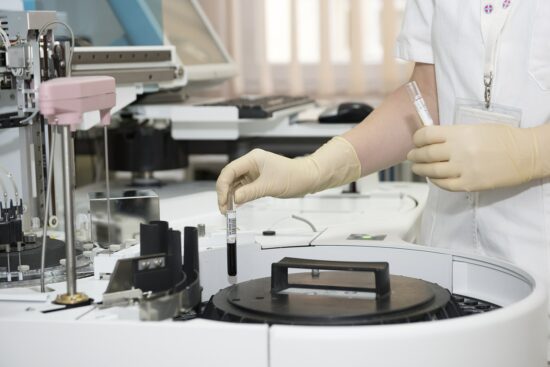The role of medical technologies in the fight against Antimicrobial Resistance and Healthcare Associated Infections
Antimicrobial resistance (AMR) is a serious global threat that puts in jeopardy the effective prevention and treatment of an ever-increasing range of infections as well as modern medicine, including intensive surgeries, chemotherapies, transplantations etc. It is essential to acknowledge the relation between Healthcare-Associated Infections (HAIs), the inappropriate use of antibiotics as well as the development of resistance. HAIs are often caused by resistant bacteria. Preventing and detecting these infections in primary care or healthcare settings at an early stage is essential to reduce antibiotic usage, consequently reducing the risk of developing resistance. This is critical for the safety of both patients as well as healthcare professionals (HCPs) alike.
The findings of a recent literature research, led by Imperial College London, looking at the relation between COVID-19 and co-bacterial infections, demonstrated widespread use of broad-spectrum antibiotics for patients with COVID-19 (~72%). On the other hand, for patients with actual bacterial or fungal infections, the usage was considerably lower (8%). In the same context, the European Commission has highlighted the importance of re-activating hospital infection control plans to eliminate the transmission of COVID-19 in healthcare and social care settings.
Medical technologies (medical devices and in vitro diagnostics) can help prevent, diagnose and control infections, stopping the spread of resistant bacteria throughout the patient pathway. Prevention and management of HAIs contribute to the control of bacterial resistance, by limiting the transmission of multi-drug resistant organisms, and consequently lowering the need for antibiotic therapy.
AMR NEWS
Your Biweekly Source for Global AMR Insights!
Stay informed with the essential newsletter that brings together all the latest One Health news on antimicrobial resistance. Delivered straight to your inbox every two weeks, AMR NEWS provides a curated selection of international insights, key publications, and the latest updates in the fight against AMR.
Don’t miss out on staying ahead in the global AMR movement—subscribe now!





